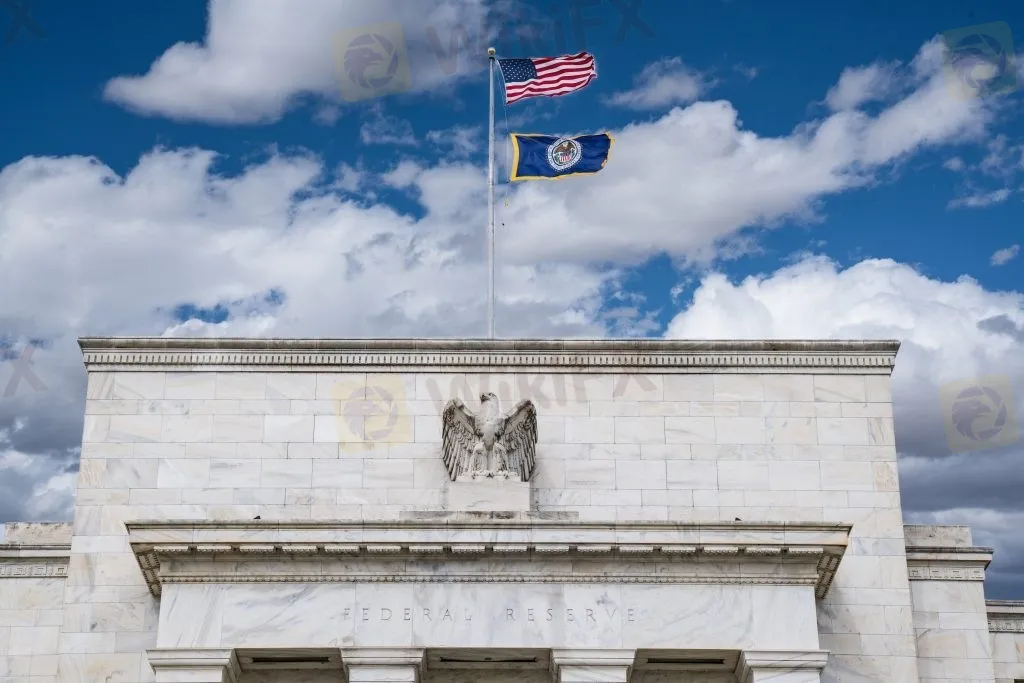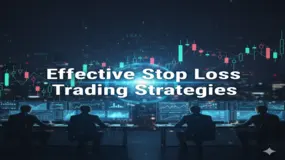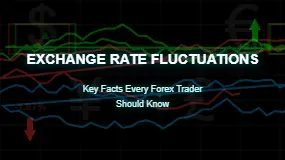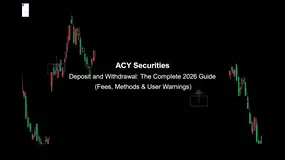The Interest Rate Dilemma: A Week of Reckoning for Central Banks
Abstract:This attention of investors for this week attention is fixated on the actions of central banks, particularly the Federal Reserve and the European Central Bank (ECB).

This attention of investors for this week attention is fixated on the actions of central banks, particularly the Federal Reserve and the European Central Bank (ECB). The backdrop to this anticipation has been set by the unexpected rate hikes from the Reserve Bank of Australia and the Bank of Canada, which occurred last week. These moves, contrary to the prevailing consensus, have not only sent ripples through the financial markets but also reshaped the discourse around the durability of current interest rates. The financial community is now confronting the stark realisation that the much-anticipated rate cuts may not materialise this year and possibly might not surface until well into the next year.
One of the primary hurdles confronting central banks globally is the persistent challenge of core inflation that remains resistant to control. This unyielding predicament has been aggravated by the unexpected rate increases observed last week. Consequently, there is a growing belief that the previously anticipated “pause” by the Federal Reserve in rate alterations may no longer be a certainty. As of the composition of this writing, the likelihood of a 25 bps increase stands marginally below 30%.
With the ECB seemingly on the brink of a 25 basis point rate increase this week, a move expected to be mirrored by the Swiss National Bank and the Bank of England in the following week, the Federal Reserves stance might increasingly appear as an outlier. This divergence becomes even more pronounced in light of the recent indications of Fed policymakers. Before entering their media blackout period, these policymakers hinted strongly at a potential hiatus in rate adjustments in June, coupled with the possibility of another hike in July.
Nevertheless, the landscape of global finance is constantly shifting, and recent developments have further muddied the waters. OPEC+, a group of major oil-producing countries, has announced another round of production cuts. Meanwhile, the prospect of higher agricultural commodity prices looms on the horizon, spurred by the sabotage of a Ukrainian dam, which resulted in widespread flooding of farmland.
Inflationary pressures remain a pervasive challenge, with inflation rates stubbornly exceeding the target rate for all central banks. This raises a critical question: in the face of these pressures, can the U.S. Federal Reserve realistically affords to hit the pause button? Or, given the deflationary pressures emanating from China, is their cautious approach actually a prudent strategy?
Economic growth is already showing signs of deceleration in China in the post-pandemic era. Europe, Germany, and the EU are confronting a technical recession, with the UK possibly on a similar trajectory. Demand for oil and gas is also slowing, adding another layer of complexity to the situation. The decisions made by central banks this week could play a pivotal role in determining their future course of action. These decisions will indicate how much further central banks are willing to push before offering any insights into when they expect to halt the cycle of rate hikes.
The trajectory of inflation, the longevity of current interest rates, and the sustainability of economic growth across the globe are all hanging in the balance and the decision which these central banks will take will most likely give direction to the markets.

Read more

WikiFX Trending Topics Analyst Initiative
Share Your Expertise on What’s Moving the Market.

Effective Stop Loss Trading Strategies
In a forex market where fundamental and technical factors impact the currency pair prices, volatility is expected. If the price volatility acts against the speculation made by traders, it can result in significant losses for them. This is where a stop-loss order comes to their rescue. It is one of the vital investment risk management tools that traders can use to limit potential downside as markets get volatile. Read on as we share its definition and several strategies you should consider to remain calm even as markets go crazy.

Exchange Rate Fluctuations: Key Facts Every Forex Trader Should Know
The forex market is a happening place with currency pairs getting traded almost non-stop for five days a week. Some currencies become stronger, some become weaker, and some remain neutral or rangebound. If you talk about the Indian National Rupee (INR), it has dipped sharply against major currencies globally over the past year. The USD/INR was valued at around 85-86 in Feb 2025. As we stand in Feb 2026, the value has dipped to over 90. The dip or rise, whatever the case may be, impacts our daily lives. It determines the price of an overseas holiday and imported goods, while influencing foreign investors’ perception of a country. The foreign exchange rates change constantly, sometimes multiple times a day, amid breaking news in the economic and political spheres globally. In this article, we have uncovered details on exchange rate fluctuations and key facts that every trader should know regarding these. Read on!

ACY Securities Deposit and Withdrawal: The Complete 2025 Guide (Fees, Methods & User Warnings)
Understanding how to add funds to your account and, more importantly, how to take them out is essential for safe trading. For any trader thinking about ACY Securities, making an ACY SECURITIES deposit is simple, but the ACY SECURITIES withdrawal process has many serious complaints and concerns. While ACY says it is an established, regulated broker, many users have complained specifically about withdrawal problems, creating a confusing and often contradictory picture. This guide provides a complete and critical analysis. We will first explain the official steps for deposits and withdrawals, including methods, fees, and stated timelines. We will then take a deep look at patterns found in over 180 real user complaints, examining the potential warning signs and risks. By combining official information with real-world user experiences and regulatory warnings, this article aims to give you the clarity needed to make an informed decision about the safety of your funds with ACY Securities.
WikiFX Broker
Latest News
Arena Capitals User Reputation: Looking at Real User Reviews and Common Problems
What Will US-Iran War Affect Stock Market: A Comprehensive Investor's Guide to 2026
Is FINOWIZ Safe or Scam? 2026 Deep Dive into Its Reputation and User Complaints
FX Deep Dive: Dollar King Returns as Energy Shock Splits G10 Currencies
The 25-Day Tipping Point: Energy Markets Stare Down a Hormuz Blockade
Eightcap Review: Understanding Fees, Features, and Important User Warnings
Exnova Review 2026: Is this Forex Broker Legit or a Scam?
Stop Letting Your Trading Rewards Gather Dust: A Limited-Time 30% Opportunity
Middle East Escalation Rocks Markets: Oil Surges while Brokers Tighten Leverage
Moneycorp Problems Exposed: Fund Transfer Failures & Customer Support Complaints
Rate Calc

